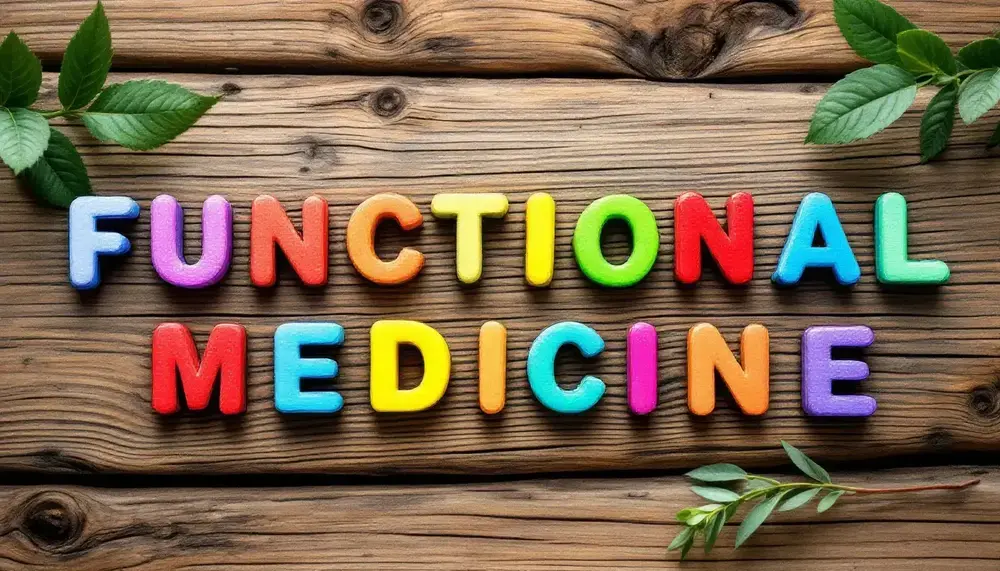As we continue to live our lives during the Covid-19 pandemic, the need for incorporating wellness and a healthy lifestyle is more pronounced. As a women’s health specialist and a business founder of a health and wellness company, my mission and interest have been to look for options and new ways to provide access to health and healing. If you have been paying attention, there is a new trend in health care called functional medicine.
So what is functional medicine? Some have labeled this field of medicine as new age quackery. Others have purported it is a “rebranding” of alternative medicine and is therefore not credible. So let’s dive into what functional medicine is and find out if you would benefit from seeing a functional medicine practitioner.
Dr. Susan and Jeffrey Bland founded functional medicine in 1990; the desired focus was to provide a systems-biology approach to the prevention and management of chronic disease utilizing appropriate tools. Functional medicine includes nutrition, lifestyle, exercise, environmental, structural, cognitive, emotional, and pharmaceutical therapies to meet patients’ individual needs. The Institute of Functional Medicine is recognized by Accreditation Council for Continuing Medical Education (ACCME). In 2016, The ACCME commended IFM for being a change agent for the physicians and patients it serves.
So how does it work? It works by using a multi-system biological approach to regulate the whole person, reduce inflammation, and thereby reduce the risk of chronic disease. The core foundation is listening to the patient’s narrative and identifying any patterns of dysregulation; this is recognized as root cause medicine. Functional medicine understands modulators of gene expression, the individual’s environment, and the underlying links to disease. The functional medicine clinician must also agree to understand their “own” prejudices and implicit biases to allow patients to express their life experiences to reinforce therapeutic provider-patient interaction. This functional medicine fusion creates patient-centered health outcomes and moves towards healing from an inner spiritual level to an outer environmental awareness.
It’s easy now to understand how functional medicine can help you engage with your medical provider and harness a healing union. Like traditional western medicine, functional medicine practitioners assess their clients, send laboratory work, and prescribe essential nutritive and lifestyle regimens to regulate the body systems. As a patient, you are co-creating your health and wellness along the way, accompanied by a clinician that will lead you. To achieve maximum results from a functional medicine clinician understanding your needs will help guide the course for treatment. If you found this article helpful, please like and/or follow and send me a DM on Instagram @dr.isabelbogdan.



